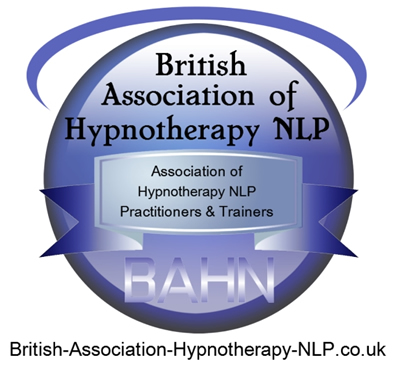






British Association of Hypnotherapy NLP
Code of Practice for all Members
1. Client/patient confidentiality must be observed at all times. The only exception to this is where consent is given or there is a legal compulsion to do so for the purpose of criminal proceedings. However, it is acknowledged that the sharing of information with professional colleagues may be necessary. In this case the client’s anonymity must be safeguarded. 3. All members must be aware they have a duty to put the welfare of their clients first, which includes working within the boundaries of their own competence. in the event of any difficulty arising where it would be in the best interests of the client to receive medical assistance, or there is a conflict of interests within the therapeutic relationship, or for any other reason where the therapist feels unable to operate within the field of his/her competency, the client must be referred on to an appropriate therapist or medical practitioner at the earliest opportunity, providing the withdrawal of services does not put the client at unnecessary risk.
4. Extreme care must be exercised by those who use regression as part of any treatment, to guard against the risk of false memory recall, otherwise known as false memory Syndrome. A member must be sufficiently skilled to understand his/her responsibility in the correct use of language and methodology when working in this sensitive area. A therapist must not deliberately lead a client to search for evidence of abuse simply to satisfy the belief by the therapist that it must exist. (b) Members must be covered by an appropriate insurance policy for public liability and professional indemnity. This should be displayed at their place of work where it is visible to their clients and anyone who has a right to inspect it.
(c) All advertising must fall within the British Advertising Standards Authority guidelines, and any subsequent legislation. All leaflets, brochures, statements, etc., may only make claims about qualifications specific to this field which are accredited and can be substantiated, and may not make exaggerated or misleading claims about treatment which are likely to create unrealistic expectations from the public. |
Email: Info@british-association-hypnotherapy-nlp.co.uk
Home page | Online Store | Find a Therapist | BAHN Code of Practice | Accredited Courses | BAHN Membership
Site contents copyright ©2010 British Association of Hypnotherapy NLP. All Rights Reserved